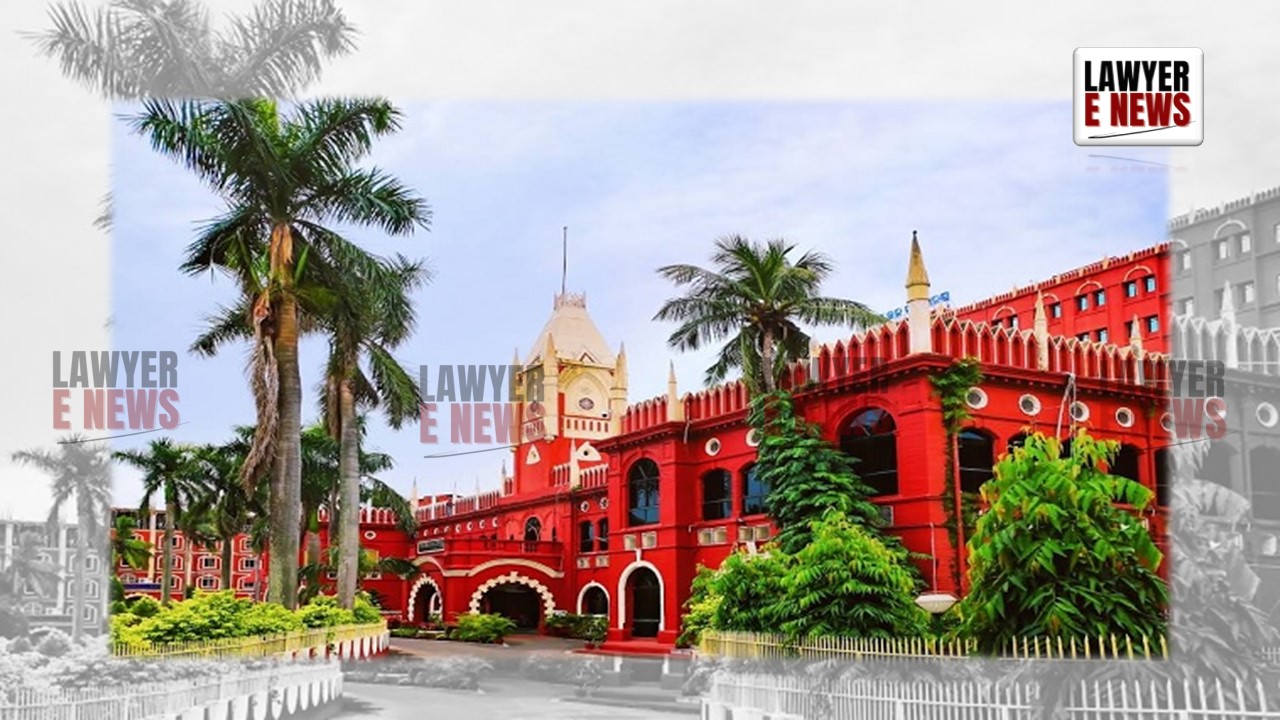-
by Admin
15 February 2026 5:35 AM



High Court annuls bid cancellation, emphasizing the need for thorough verification and adherence to procedural fairness.
The Orissa High Court has annulled the cancellation of Santosh Sasmal’s bid for a construction contract, criticizing the authorities for procedural irregularities and failure to adhere to principles of natural justice. The judgment, delivered by a bench comprising Justices B.R. Sarangi and G. Satapathy, underscores the necessity of thorough verification and proper procedural conduct in the tender process.
Santosh Sasmal, a registered “Special Class” Contractor, bid for the “Widening and Strengthening of Biridihat Sompur Kisannagar Road” project. Following the technical evaluation, Sasmal and two other bidders were found to have quoted the same rate. A lottery declared Sasmal the successful bidder. Subsequently, allegations surfaced that Sasmal had submitted a fake tax invoice for a “Wet Mix Plant,” leading to the cancellation of his bid by invoking Clause 21.5 of the Instructions To Bidders (ITB).
The court noted that Clause 21.5 of the ITB pertains to the technical evaluation stage. The clause allows for cancellation if any information or documents submitted by the bidder are found to be false. However, Sasmal had already been declared successful in the technical bid and was chosen as L1 after a lottery.
The bench found that the authorities acted unilaterally without providing Sasmal an adequate opportunity to defend against the allegations. “The act of OP No.4 in cancelling the bid of the petitioner unilaterally… is erroneous and unsustainable,” the court stated, emphasizing that Sasmal was not given a fair chance to present his case.
The authorities relied on an unauthenticated email from the supplier, Himalaya Engineering Company, to support their claim that the tax invoice was fake. The court criticized this approach, noting that proper verification procedures were not followed, and the email’s authenticity was not established.
The court extensively discussed the principles of procedural fairness and the requirement for proper verification of documents. It highlighted that once a bidder is declared successful in the technical bid, any subsequent action must adhere to principles of natural justice and fair play. “Public orders made by public authorities are meant to have public effect and must be construed objectively,” the court remarked, referencing established legal precedents.
Justice G. Satapathy remarked, “The act of OP No.4 in cancelling the bid of the petitioner unilaterally invoking Clause-21.5 of ITB which relates to the stage of evaluation of document at the time of technical bid is erroneous and unsustainable.”
The High Court’s judgment nullifies the cancellation of Sasmal’s bid, reiterating the judiciary’s commitment to ensuring fairness and adherence to legal principles in tender processes. The decision mandates that authorities conduct thorough and proper verifications and uphold the principles of natural justice. This landmark ruling reinforces the legal framework for tender evaluations and sets a significant precedent for future cases involving similar procedural issues.
Date of Decision: June 27, 2024
Santosh Sasmal vs. State of Odisha and others
